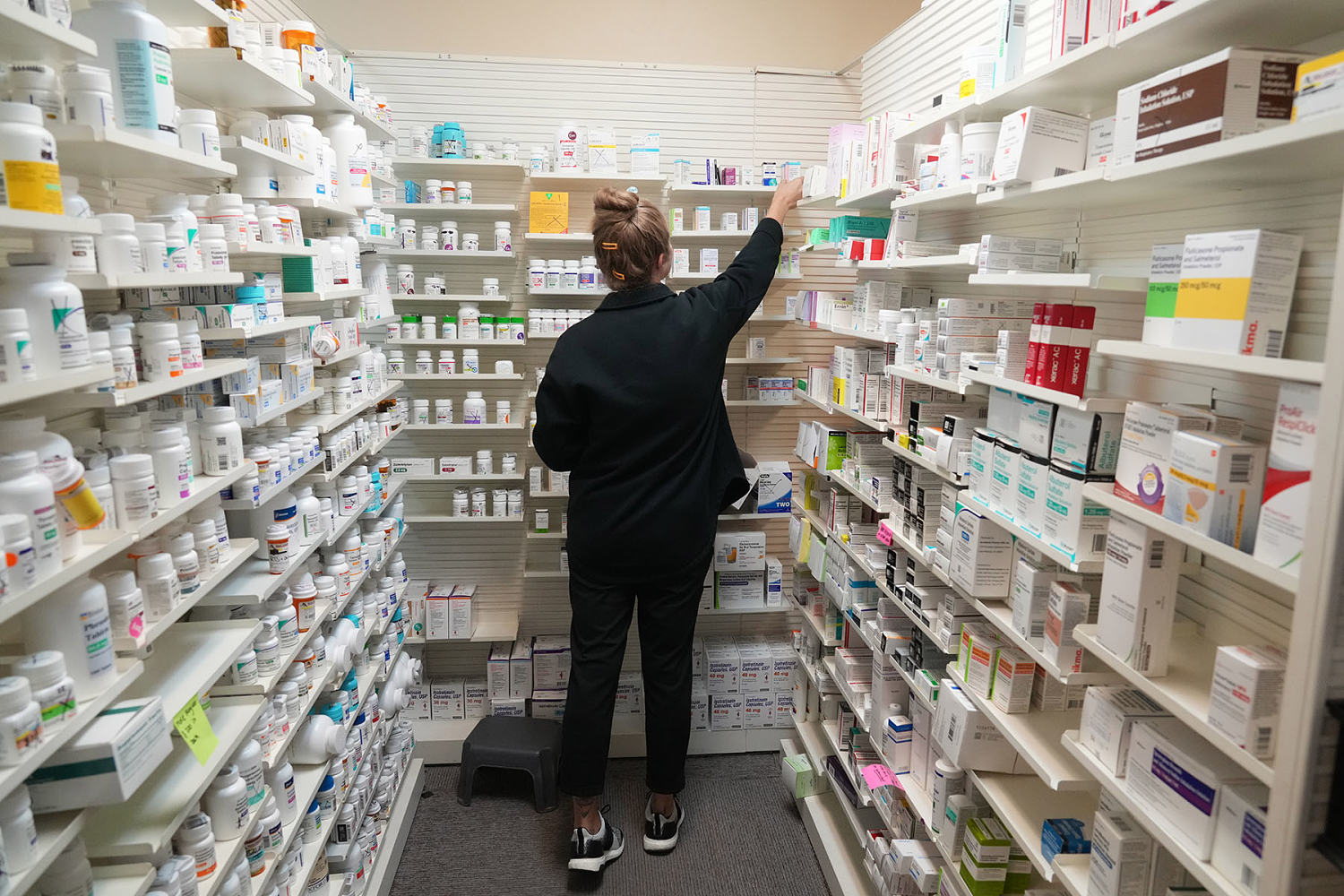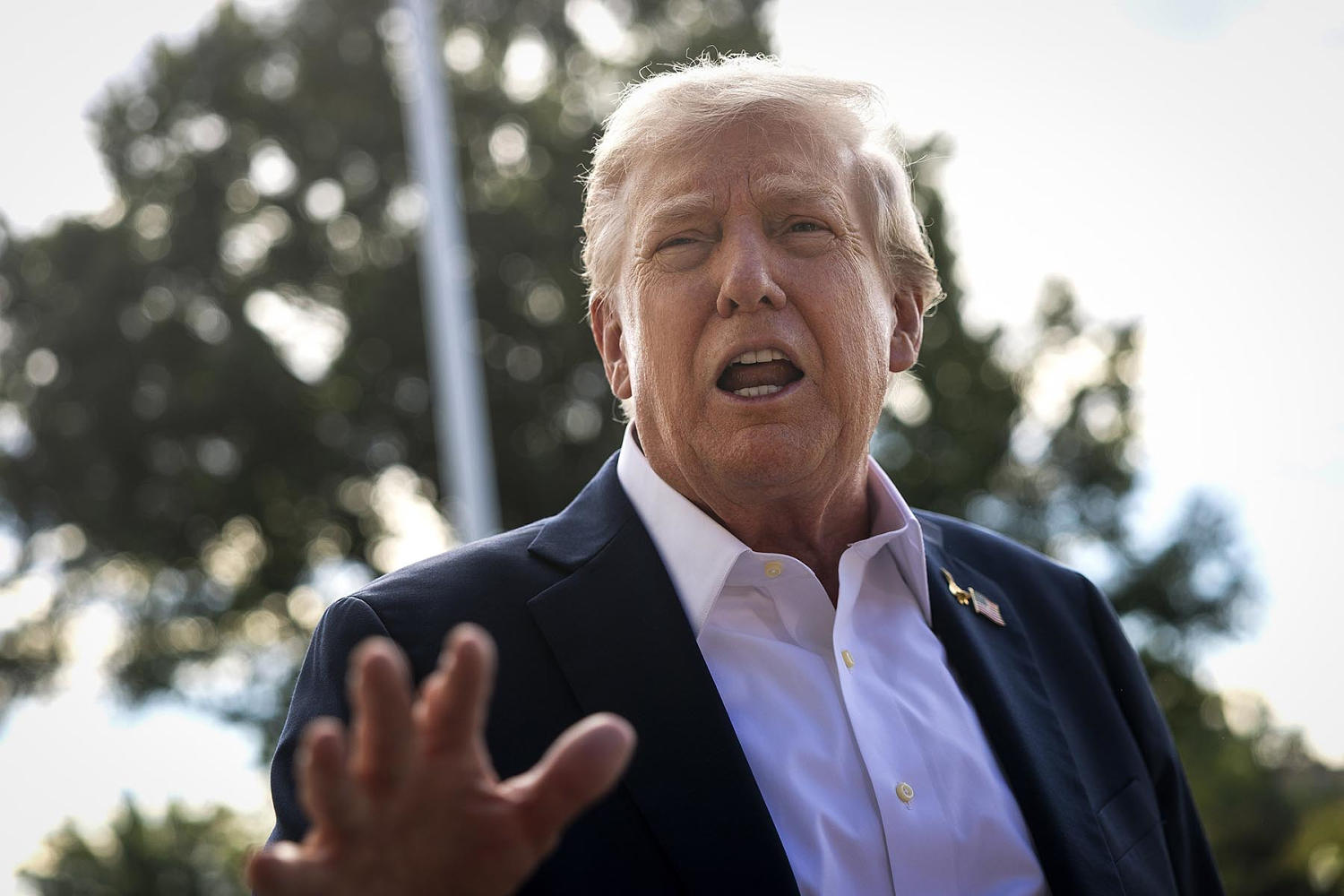Pharma Stocks Vary Worldwide Following New Trump Tariffs
NegativeHealth

Pharma stocks are experiencing a mixed reaction globally following the announcement of new tariffs by Trump. While big pharmaceutical companies in the U.S. saw a slight uptick in premarket trading, smaller and midsize firms in Europe faced declines, and Asian pharma stocks fell significantly. This situation is important as it reflects the broader impact of trade policies on the pharmaceutical industry, which could affect drug prices and availability.
— Curated by the World Pulse Now AI Editorial System







